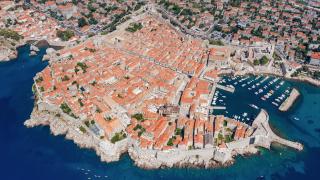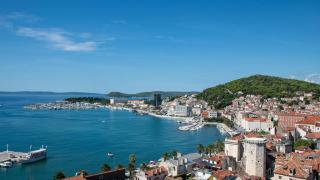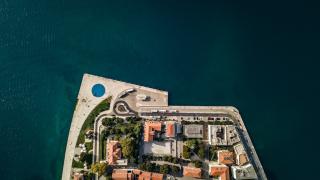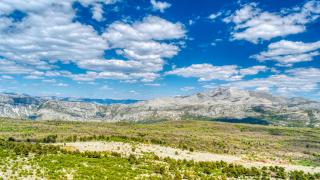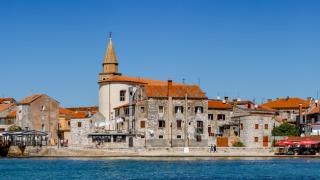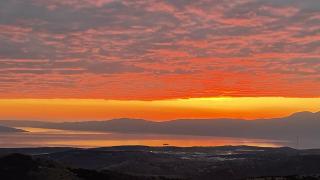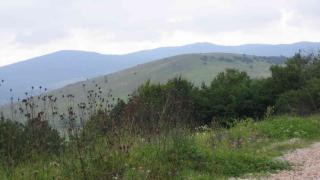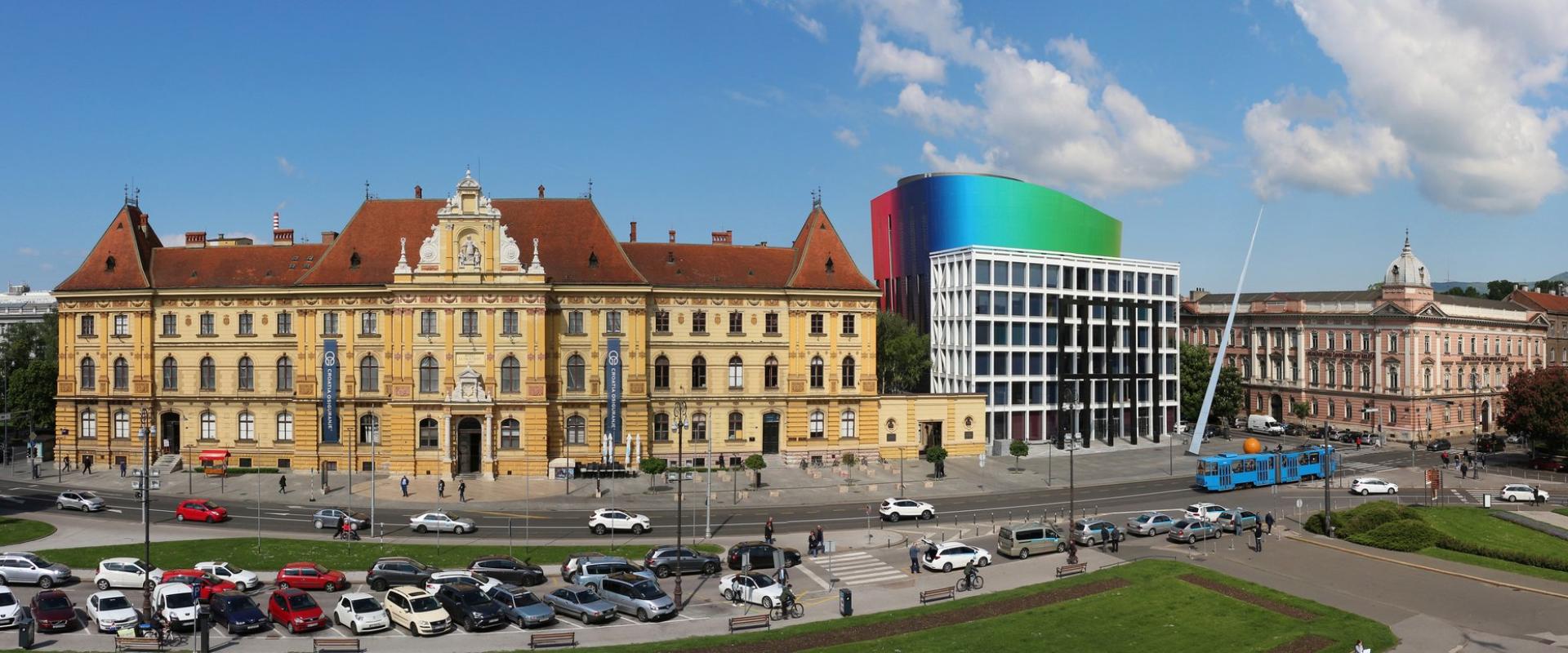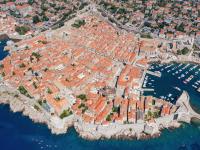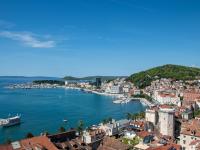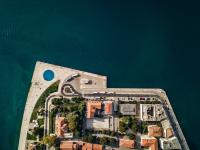Introduction
A cultural tour itinerary provides a structured approach to experiencing authentic local traditions, historical sites, and artistic heritage. This organized exploration typically spans 7-14 days, combining guided visits with independent discovery time.
A well-planned cultural itinerary offers several key benefits:
- Maximizes time at significant cultural sites
- Ensures access to expert local guides and interpreters
- Balances major attractions with hidden cultural gems
- Incorporates authentic local experiences and interactions
This guide will help you create a detailed day-by-day schedule that includes:
- Historical monuments and UNESCO sites
- Traditional craft workshops and demonstrations
- Local festivals and cultural events
- Culinary experiences and food traditions
- Community interactions and cultural exchanges
Effective cultural tour planning requires careful consideration of opening hours, seasonal events, and local customs. Most cultural sites require 2-3 hours for meaningful exploration, with guided tours typically lasting 1-2 hours.
Essential Cultural Routes
Five distinct cultural routes offer comprehensive exploration of heritage sites and traditions:
UNESCO Heritage Circuit (4-5 days)
- Diocletian's Palace in Split (3-4 hours, entry €8)
- Dubrovnik Old Town walking tour (2-3 hours, €15)
- Plitvice Lakes National Park (6-8 hours, €30)
- Trogir's medieval core (2 hours, free)
Historical Cities Path (3-4 days)
- Zagreb Upper Town medieval quarter (4 hours)
- Pula's Roman amphitheater (2 hours, €12)
- Šibenik's stone cathedral (1 hour, €5)
- Zadar's Roman forum (2 hours, free)
Traditional Villages Route (2-3 days)
- Rastoke water mills (2 hours, €5)
- Kumrovec ethno-village (3 hours, €8)
- Motovun hilltop settlement (2 hours)
Religious Heritage Trail (2 days)
- Marija Bistrica pilgrimage site (3 hours)
- Trsat Sanctuary (2 hours)
- Euphrasian Basilica (1 hour, €8)
Archaeological Sites Connection (2-3 days)
- Salona Roman ruins (2 hours, €5)
- Vučedol Culture Museum (3 hours, €7)
- Aquae Iasae thermal ruins (2 hours, €4)
Each route includes guided interpretation services (€50-100 per day) and local cultural demonstrations.
Seasonal Considerations
Cultural tour timing significantly impacts site access and festival participation. Peak season (July-August) offers maximum cultural events but requires booking 6-8 months ahead.
Optimal Cultural Tour Periods:
- Spring (April-May): Traditional Easter celebrations, folk festivals, comfortable 15-20°C temperatures
- Autumn (September-October): Wine harvest festivals, reduced crowds, 18-25°C temperatures
Key Festival Calendar Highlights:
- Dubrovnik Summer Festival (July 10-August 25): Daily performances, €30-50 per show
- Split Summer Festival (Mid-July to Mid-August): Evening cultural programs in Diocletian's Palace
- Zagreb Baroque Festival (September): Classical concerts in historic churches
Weather Impact on Site Visits:
- Summer (June-August): Limited outdoor touring hours (10:00-16:00) due to heat
- Winter (November-March): Reduced opening hours at cultural sites, some rural venues closed
Off-Season Benefits:
- 30-40% lower accommodation rates near cultural sites
- Smaller guided tour groups (8-12 people vs 20-25)
- Extended time at archaeological sites
- Better photography conditions without crowds
Local Experiences
Immersive cultural workshops offer hands-on engagement with local traditions:
Traditional Craft Sessions
- Lace-making in Pag (2-hour workshop, €45 per person)
- Pottery classes in Zagreb's artisan quarter (3 hours, €60 including materials)
- Traditional textile weaving demonstrations (90 minutes, €35)
Culinary Experiences
- Market tours with local chefs (morning sessions, €75)
- Wine tasting in family-owned vineyards (4 hours, includes transportation, €90)
- Traditional cooking classes featuring regional specialties (3 hours, €65)
Folk Culture Participation
- Evening folk dance lessons (group sessions, €25 per person)
- Musical instrument workshops (2 hours, €40)
- Traditional festival participation (seasonal, prices vary)
Community Integration
- Village home stays with local families (from €80 per night)
- Agricultural workshops on family farms (half-day, €55)
- Artisan studio visits with demonstration sessions (2 hours, €40)
Market Experiences
- Guided tours of morning fish markets (6 AM start, €30)
- Antique market treasure hunts (3 hours, €45)
- Local produce selection workshops (2 hours, €35)
Practical Planning
Transportation Logistics
- Private cultural tour van (€150/day, includes driver-guide)
- Public bus between heritage sites (€8-15 per journey)
- Regional trains connect major cultural centers (€20-35 per route)
Accommodation Strategy
- Book heritage hotels near cultural districts (€120-180/night)
- Local guesthouses in historic centers (€60-90/night)
- Monastery stays for authentic experience (€75/night, book 3 months ahead)
Guided Tour Options
- Licensed cultural guides (€45/hour, minimum 2 hours)
- Group walking tours of historic districts (€25/person)
- Private museum tours with art historians (€80/hour)
Essential Bookings
- Reserve guided tours 2 weeks in advance
- Book workshops and craft sessions 1 month ahead
- Secure festival participation tickets 3-4 months prior
Cultural Etiquette Guidelines
- Dress modestly for religious site visits (covered shoulders, knees)
- Photography permits required at select museums (€5-10)
- Remove shoes when entering traditional homes
- Arrive 10 minutes early for guided experiences
- Small group size (4-8 people) recommended for intimate cultural experiences
Conclusion
Successful cultural tour execution requires careful advance planning and attention to key logistics:
Essential Planning Checklist:
- Book heritage site tickets 2-3 months ahead
- Reserve cultural workshops 4-6 weeks in advance
- Confirm local festival dates and special events
- Arrange transportation between cultural sites
- Schedule local guide services (€80-120 per day)
Must-Include Experiences:
- At least one UNESCO World Heritage site visit
- Traditional craft workshop participation
- Local festival or cultural celebration
- Guided historical district tour
- Authentic culinary experience
Final Recommendations:
- Allow 2-3 hours for major heritage sites
- Build in flexible time between activities
- Carry site entrance fee cash
- Download offline maps of cultural districts
- Keep local tourist office contacts handy
Additional Resources:
- Cultural Heritage Office website
- Local artisan workshop directory
- Festival calendar updates
- Heritage site booking platforms
